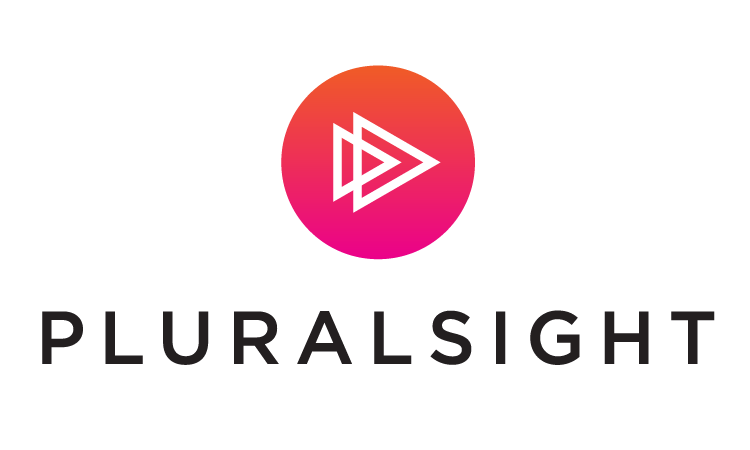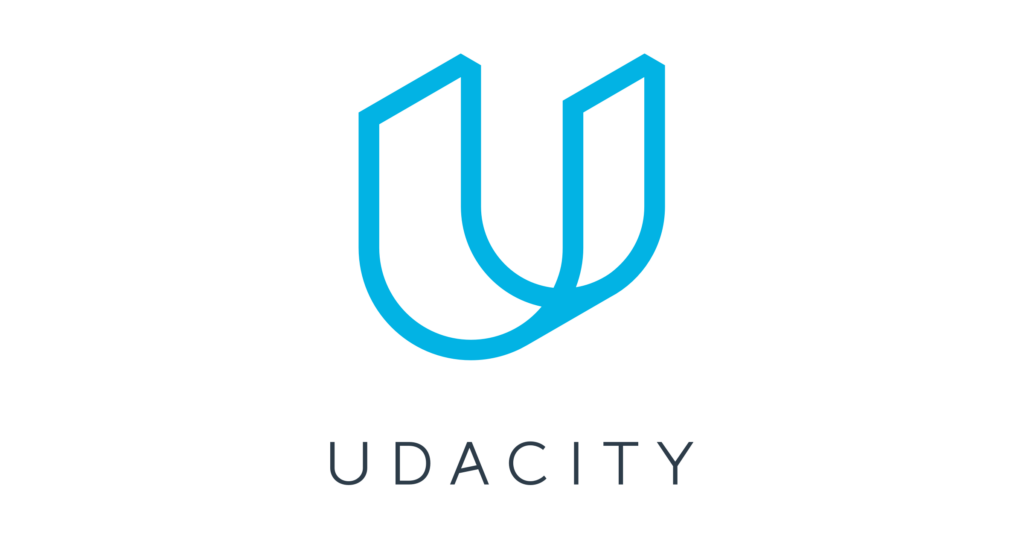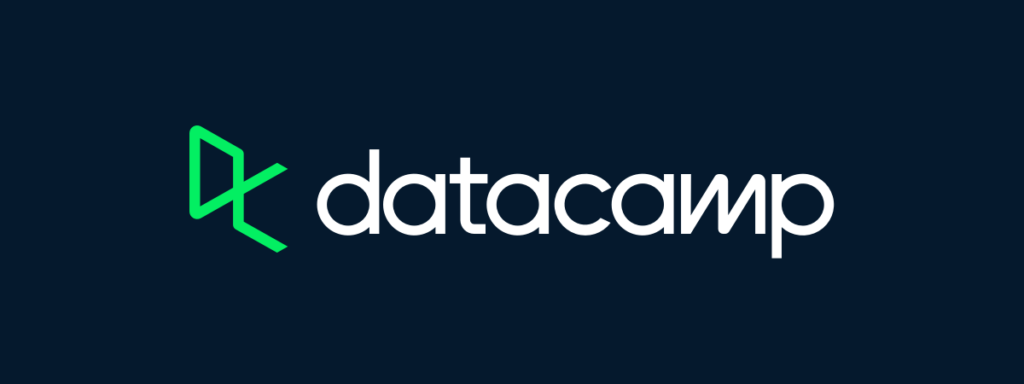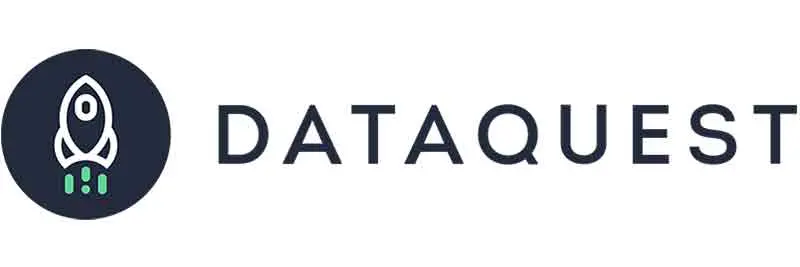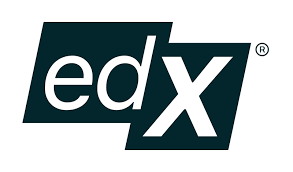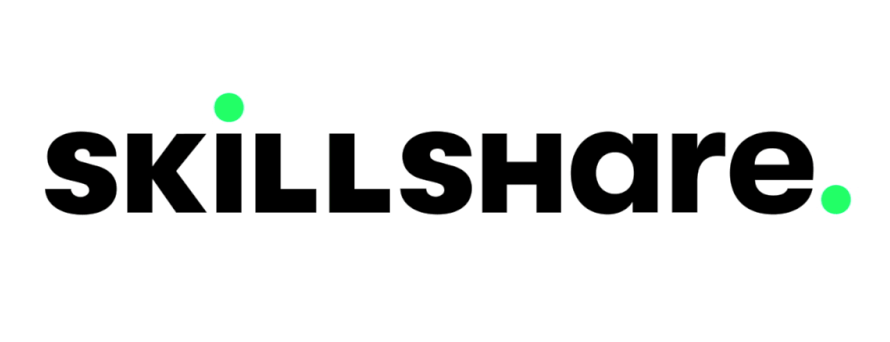DIGITAL ELECTRONIC
If you’re looking to study computer science in New Zealand, you might be wondering which schools are best for you. You want your computer science degree to prepare you to work in the industry, but also give you the skills and knowledge to progress your career as far as possible—so we’ve compiled this list of the top computer science universities in New Zealand so you can compare their course offerings and make the best decision. Here they are, in no particular order.

1. Auckland University of Technology
Auckland University of Technology, also known as AUT, is one of the best computer science universities in New Zealand. AUT offers a Bachelor of IT degree, a Bachelor of Computing (Software) degree, and a Master’s degree. It ranks among the top 50 universities worldwide for graduate employability. Popular courses include accounting information systems, interactive multimedia design, and software engineering. Graduates are employed by companies such as HP, Fujitsu, Microsoft, and IBM.
2. University of Canterbury
The University of Canterbury is ranked no. 1 among Kiwi universities for computer science, offering bachelor’s, master’s, and Ph.D. degrees in a variety of related fields. It is also ranked no. 1 for its research capabilities, with particular strength in signal processing and data analytics.
Situated in the most vibrant city, students get access to high-end technologies that develop their learning experience. The university currently ranks 258th in the QS World University Rankings of 2022. At present, the Computer Science & Software Engineering Department has 15 research groups that include computer networking & cybersecurity, theoretical computer science, and artificial intelligence courses where applicants may select to conduct the research.
3. Massey University
Massey University is New Zealand’s largest university and consistently ranks as one of New Zealand’s top three tertiary institutions. It has more than 25,000 students across its Albany, Manawatu, Wellington, Christchurch, and Auckland campuses and attracts hundreds of thousands of international students annually. It boasts a world-class computer science department with leading researchers who are developing innovative solutions to make our lives better in fields such as AI research and software engineering.
4. Victoria University of Wellington
Consistently ranked as one of New Zealand’s top universities, Victoria has strong programs in business, computer science, and engineering. The university’s faculty of Engineering and Information Technologies offers undergraduate degrees that are recognized by a number of international institutions. Located on several urban campuses, including Wellington Central, Kelburn, and Pipitea Street, Victoria is one of Wellington’s most popular universities for international students.
5. Lincoln University
Ranked as one of New Zealand’s top research universities, Lincoln provides a broad range of undergraduate and postgraduate programs in science, technology, commerce, and arts. The Department of Computer Science is ranked highly for both teaching quality and research quality by Times Higher Education World University Rankings, with Lincoln, rated second for its computer science programs out of all universities surveyed.
The department also offers a strong start to students who wish to pursue Ph.D. studies with opportunities available through both supervisor-led study and industry placements.
6. AUT University
Auckland University of Technology (AUT) is a well-known public university founded in 2000. The university has a Job Rate of over 93%. It is ranked first in New Zealand & 27th worldwide for the global outlook. It’s the second-biggest university in the country for graduate outcomes. This university has four faculties that offer over 250 graduate, postgraduate & doctoral programs.
Some courses which are included as part of a computer science degree at universities: are computer programming, artificial intelligence, database systems, information theory, software engineering, and data mining. Computer science degrees require a significant mathematical component for most disciplines.
7. Waikato University
It’s safe to say that Waikato University is one of New Zealand’s top universities for computer science. It has a long history of computer science education and research, with its Department of Computer Science having been established in 1967. Its School of Computing Sciences was then established around five years later, in 1972.
8. Southern Institute of Technology
In New Zealand, the Southern Institute of Technology offers over 200 programs and is the leading educational institution at present. An amazing fact about the university is it provides ‘Zero Fees Schemes’ that save plenty of money for international students. Therefore, the fees are quite affordable! Doing your post-graduation in IT from a reputed institution costs very less, which makes it the top university for computer science in New Zealand.
9. Otago Polytechnic
Otago Polytechnic offers undergraduate and postgraduate degree programs in computer science, information technology, and computing, as well as a computer literacy course. Graduate students can also choose between a Master of Information Technology (MIT) or a Master of Information Technology Management (MIM).
Offered at its Dunedin campus only, MIT is an accelerated program that allows graduates to complete a 12-month Masters’s degree by completing subject modules from other tertiary institutions. MIM requires students to complete an 18-month course on business principles for IT professionals before proceeding with their study of computing management specializations.
10. Whitireia Community Polytechnic (Wellington Campus only)
Whitireia Community Polytechnic is a Tertiary Polytechnic based in Wellington, New Zealand that offers both Diploma and Degree level programs. Some of its more popular courses are Software Development, Multimedia Design & Technology, and Digital Media Production.
The educational universities and institutes in New Zealand provide world-class education and learning with updated industry-based programs and curricula that are recognized worldwide.
The post 10 Best Computer Science Universities in New Zealand 2022 appeared first on The Crazy Programmer.
from The Crazy Programmer https://ift.tt/4PWy9vF








